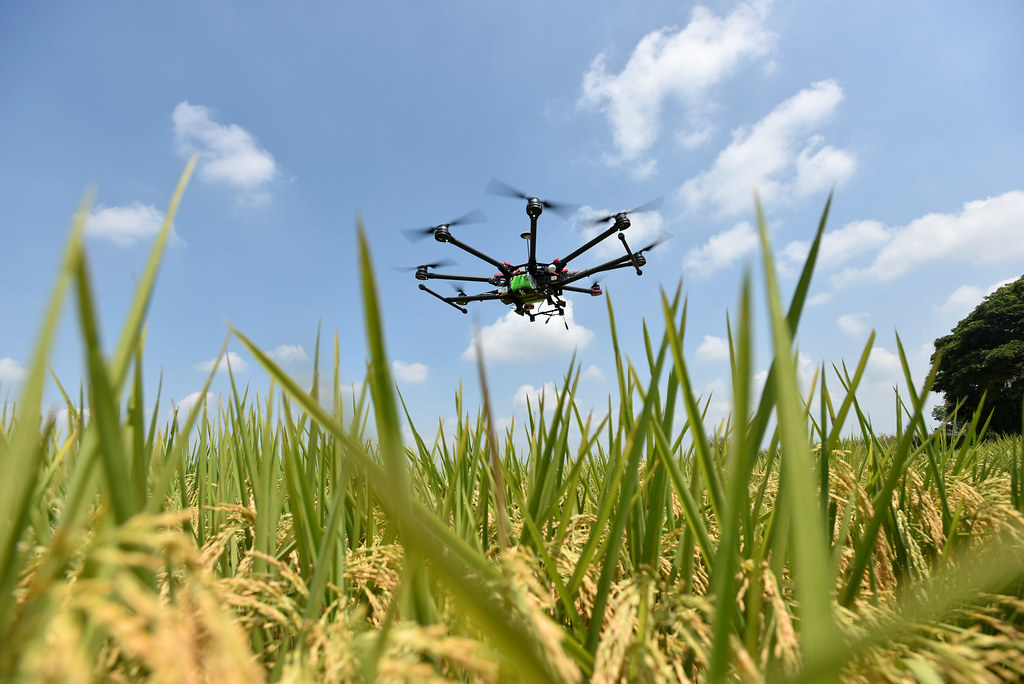-
RAAF
Contributing to the implementation of the Regional Agricultural Policy
RAAF Approach is essentially based on getting things done.
-
Thematics

Thematic areas
The implementation of the Regional Agricultural Policy (ECOWAP) is built around nine thematic areas.
-
Projects
- Renforcement des capacités pour la mise en œuvre de l’ECOWAP en Afrique de l’ouest
- At the end of PRAPS-1, which achieved significant progress in relation to most of the issues relating to animal health, sustainable management of rangelands and pastoral resources, livestock trade, and prevention and management of pastoral crises, the Wor
- Fruit flies are a major problem for the horticultural sector in West African countries. They destroy 50 to 80% of fruit production.
- The Global Climate Change Alliance Plus (GCCA+) is the second phase of an initiative of the same name launched by the European Commission in 2008
- West Africa is one of the most vulnerable regions in the world.
- Renforcement des capacités pour la mise en œuvre de l’ECOWAP en Afrique de l’ouest
- West Africa is facing three major challenges: (i) structural food and nutritional insecurity, (ii) the effects of climate change (droughts, aridity, floods, etc.), (iii) salinization and physico-chemical degradation of agricultural land.
-
News
Follow our news and events
-
Resources
Contents
More information on our work.
-
Multimedias
Interaction
Audio-visual based communication
-
Opportunities
Get Involved
- Portals
West Africa faces recurrent challenges of food and nutrition crises that are worsened by armed and intercommunity conflicts and impacts of climate change. Since February 2020, these challenges were added up to the coronavirus pandemic (Covid-19) and recently to the food and non-food consequences of the armed conflict in Ukraine. Such crises affect and disturb all sectors of the food systems in the region.
Despite the various efforts made by Governments and development partners, overall food and nutrition situation in the region remains alarming, especially in the Sahel where food insecurity affects millions of people. The situation is deteriorating year in year out. Indeed, if the regional mechanism for Prevention and Management of Food Crises (PREGEC) estimated in 2019 at nearly 10.7 million, the number of people in food and nutrition insecurity for the period from June to August in the Sahel and West Africa space, statistics of March 2022 already provided a warning on an unprecedented increase in number of people in food and nutrition insecurity in the region, reaching 38.3 million in the forthcoming lean season. This figure includes internally displaced persons.
To support efforts by countries whose budgets are strongly under pressure due to response to health and security crises, ECOWAS strongly mobilized itself to provide humanitarian assistance to the most affected vulnerable populations of its Member States. This humanitarian assistance primarily consisted in provision of food stocks from the Regional Food Security Reserve (RFSR) or donations of food and nutrition products. The RFSR is the third line of defence to prevent and manage food crises in West Africa. It is a regional solidarity mechanism which complements proximity stocks (first line of defence at village and community’s level) and national food security stocks (second line of defence) held and managed by the States.
Regarding the Covid-19 pandemic, the ECOWAS Commission and the European Union, between 2020 and 2021, provided food and nutrition products to vulnerable populations in Burkina Faso, Mali, Niger and Nigeria. The total volume of the assistance is 21,190 tons of cereals made up of millet, maize, rice and sorghum, and distributed as follows: Burkina Faso (954 tons), Mali (8,165 tons), Niger (8,072 tons plus 205 tons of nutrition products), Nigeria (3,999 tons). However, by cumulating the 12 interventions of the ECOWAS Regional Food Security Reserve between 2017 and 2021, following requests from Member States, the total volume is 40,315.45 tons of cereals, plus 205 tons of nutrition products availed to Member States. The stocks were used through one or more social safety nets instruments depending on the beneficiary countries, specifically through sales at subsidized prices, free distributions of cereals for vulnerable populations and internally displaced persons and distribution of enriched flours for children aged below 5 years.
The food and nutrition situation of this year is exceptional. Prices of agricultural produce increased from 33 to 37% averagely, compared to quinquennial average with increases reaching up to 50% and more in some places. The already alarming situation is worsened by the effects of recent international geopolitical tensions, particularly the war in Ukraine. Consequences include: (i) direct impact on global prices of wheat, maize and fertilisers, of which Ukraine and Russia are major producers and (ii) increase in oil prices inducing direct impact on international, regional and national transport costs for all goods and services. This is expected to cause a generalised inflation.
To face this situation, ECOWAS is mobilising all its internal instruments (RFSR, emergency humanitarian fund, etc) as well as its technical and financial partners. A specific action plan is under development. It is therefore imperative to review intervention policies and approaches by anticipating in order to better prevent food and nutrition crises rather than managing them.
Read more...
- Livestock farming and pastoralismPublication date:
- Climate change
- Climate change